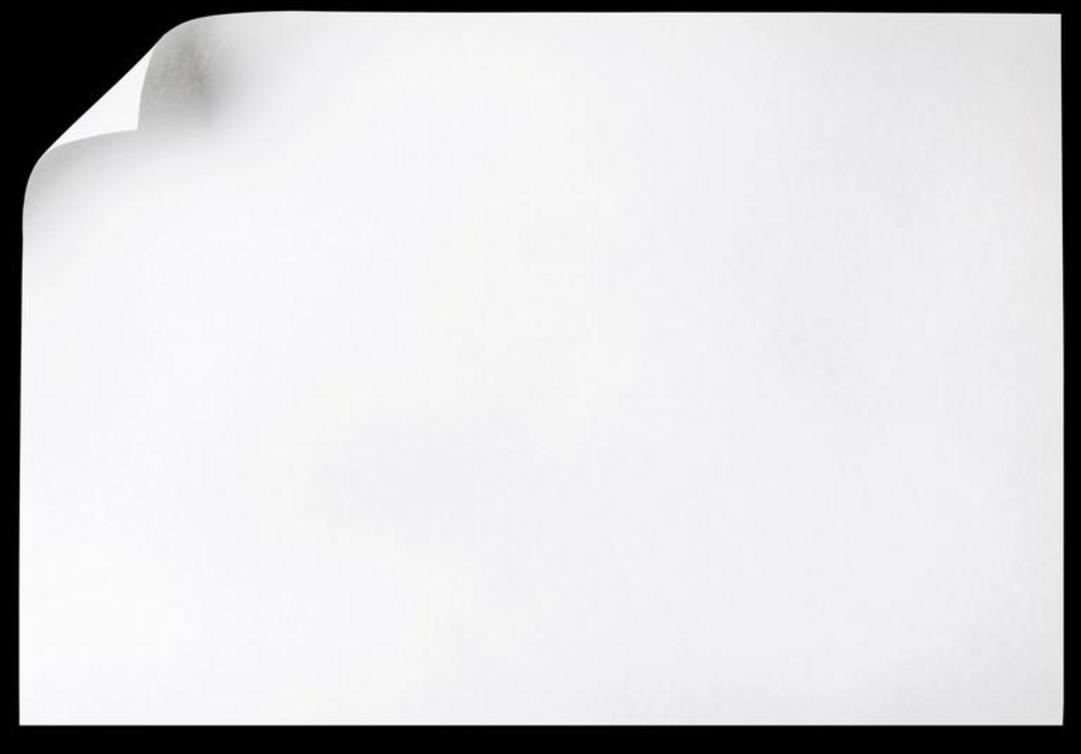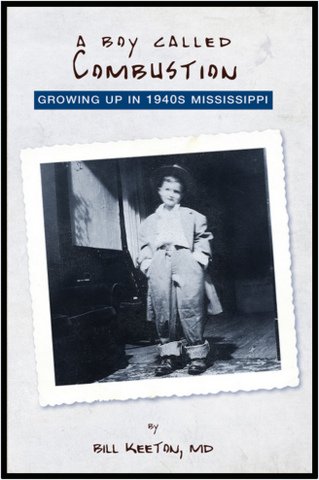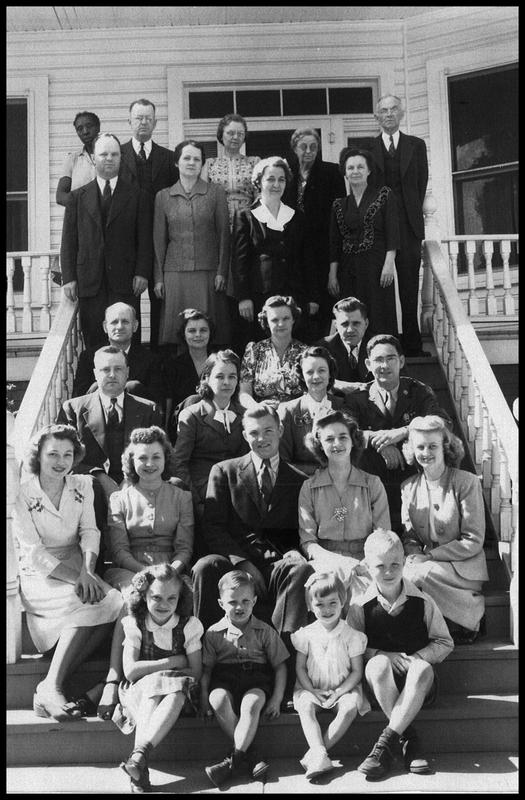Talking with Bill
A Boy Called Combustion:
GROWING UP IN 1940s MISSISSIPPI
a memoir by Bill Keeton, M.D.
{Continued} I would come home after school, get on my bike, and stay
out until it was time for supper. Everybody pretty much knew everybody. So while I
may have been out of my mother’s sight, there was always someone around who knew
where I was and what I was doing. The luxury of this totally safe environment is some-
thing most parents today don’t have.
Q. What is Fondren like today?
A. Fondren today is entirely different than it was in my childhood. It’s now a vibrant
community with a real spirit and life of its own. People enthusiastically want to be part
of it. Its population is nationally, ethnically and racially diverse, and it is home to all ages
from the very young to the very old. I suspect that very few of its residents have ever
heard of my grandfather, D. F. Fondren, who gave the place its name. But I think he’d be
pleased by how much people love living there, as well as surprised by the size and com-
plexity of modern-day Jackson.
Q. What was it like growing up in a big close-knit family like the one the book describes?
A. I was surrounded by not only my immediate family, but also by all of my aunts, uncles and cousins. I had cousins who were almost as old as my mother, as well as many close to my own age. I loved and respected each and every one of them—they all had a big impact on my life in one way or another. To say that the Fondren family was close-knit is one of the greatest understatements I can think of. Its warmth created a wonderful, safe and nurturing environment in which to grow up. Today, the Fondren family keeps growing. The five or six generations that I know of since my grandparents are spread out all over the country. The last family reunion was in 1985, as far as I can recall. People today are so busy, it’s hard to get so many of them together. But I’d love to go to another reunion, and see both familiar faces and new family members.
Q. You’re a medical doctor. Which was harder, dissecting bodies or writing the book?
A. Dissecting bodies wasn’t really hard. For me, the biggest problem was getting around the smell of the formaldehyde used to preserve the cadavers. After getting on your hands it stayed with you, despite multiple washings. It was especially noticeable while eating your evening meal. Getting through medical school required reading and learning large volumes of information. Most of the material was highly technical and much of it was, indeed, boring. However, it was probably more time-consuming than difficult. If you were willing to put in the necessary hours, mastery of it could be achieved.
Writing is entirely different. You may have to study to learn the background information necessary to write a particular piece, but the story has to come from within. In fact, people may be right when they say that the story actually comes from beyond the writer, who is only a conduit through which it is channeled. I was surprised by much of the writing that emerged once I started the project. The wording of my stories, for example, didn’t sound like my ordinary way of writing or talking. I’m sure that if I were to rewrite the same story a year later, the action would be the same, but the words would be entirely different. The unpredictability was part of the fun of writing the book. Being surprised by the memories and ideas that arose kept the processes interesting.


